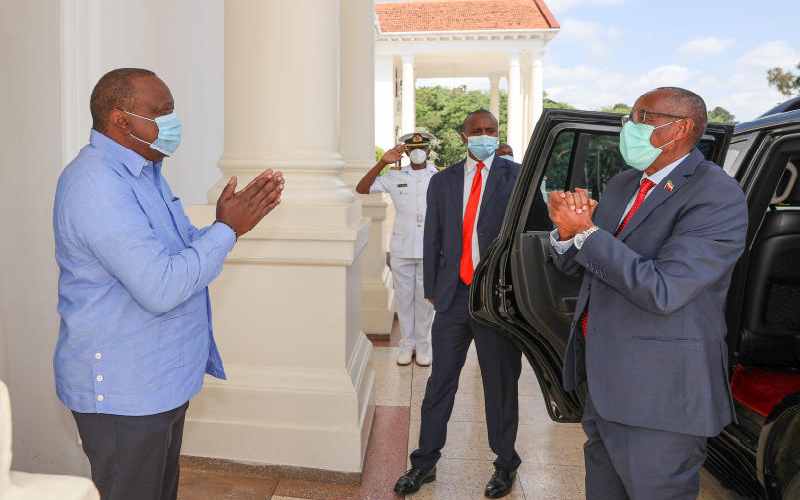×
The Standard e-Paper
Fearless, Trusted News

Somalia’s sudden decision to sever ties with Nairobi has further complicated relations between the two neighbouring states that have been spurring for the better part of the year over a number of issues.
Although the decision by Mogadishu was sudden, it was hardly unexpected as both nations continue to spur in the ring of international diplomacy over matters that seem important to one state, yet trivial to the other.